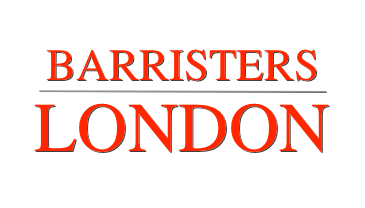Professionals and Alcohol or Drug Usage: Disciplinary Processes
If a professional has been referred to their regulating body because of an alcohol or drug related condition the regulator will usually request information from the practitioner’s GP, Occupational Health department or a treating consultant. They may be asked to undergo a health assessment which involves examination. In the case of doctors, by way of example, it would be conducted by by two health assessors, usually two psychiatrists, who report back to the regulator. The regulator would then make a decision based on that evidence.
During the assessment, the practitioner might be tested for usage of illicit substances or alcohol. These can be blood tests, hair sample (for drugs), breathalyser, saliva drug testing or urine test.
Once a baseline assessment has been completed, a decision will be taken by the case examiners or other screening panel regarding the professional’s fitness to practise.
The professional may be asked for a reassessment in certain circumstances, at a later date. This may be prior to a review hearing. If undertakings have been agreed but there have been further concerns the case may be referred back to a hearing. Further, prior to any undertakings (or formal agreement) being revoked by a regulator, before permitting unrestricted practice, there may be a review hearing.
If a professional is on restricted practice, a medical supervisor is likely to be appointed. The purpose is for them to act as a motivator and deterrent to the practitioner, to establish whether the practitioner is continuing to use alcohol/drugs and to evidence that the practitioner is complying with the restrictions. Whilst undergoing medical supervision, the professional will usually be tested regularly, (usually every 3 months in GMC cases, by way of example). The regulator will set out an annual testing schedule whilst the practitioner is under supervision. Any breach of the agreement or conditions could lead to breach proceedings at a hearing.
Where there is non-compliance, this will usually be taken into consideration when deciding on current fitness to practise of the professional. Theses types of cases are usually treated as health cases rather than misconduct and will be held in private unless the professional elects otherwise.
If you are a professional facing allegations of drug or alcohol misuse or dependency, contact Barristers.London without obligation and in strict confidence to discuss our legal advice and representation services. Our fees are competitve.
Back to Regulatory and Disciplinary Law Page

Request a
Enquiries
